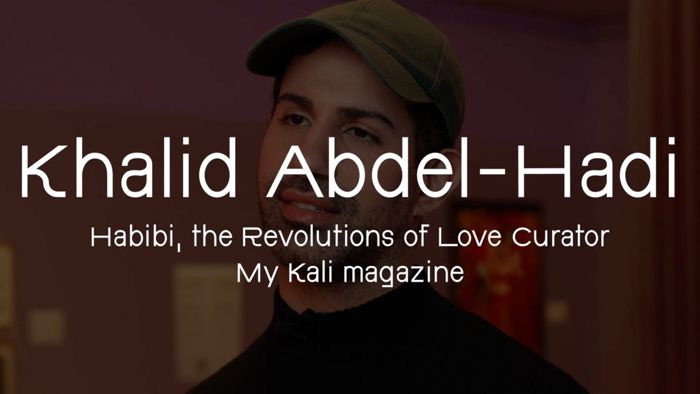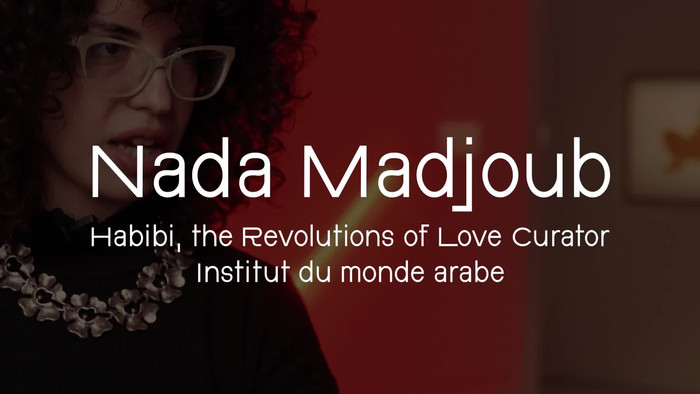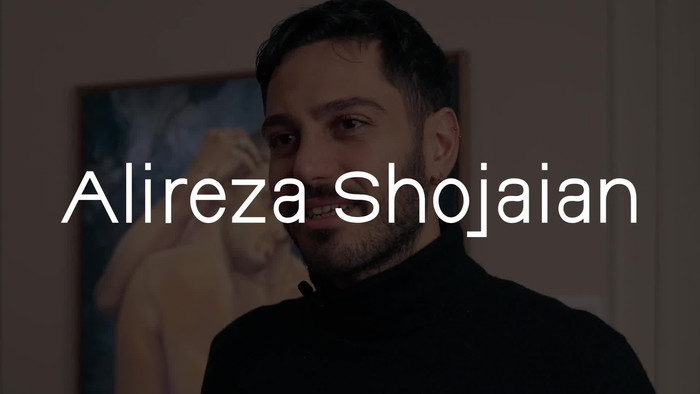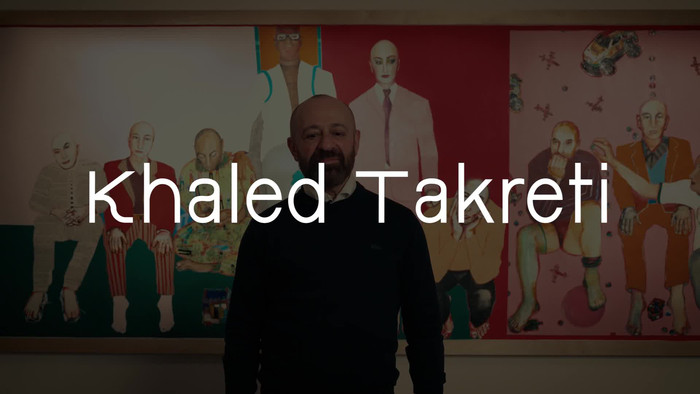In the exhibition, 13 artists affirm and question themselves through tender, intimate and political works. In a world where the LGBTQIA+ community is not always accepted, the intimate and everyday life is highlighted. By making gender identities and stories of exile visible, the artists imagine alternative ways of living in more inclusive societies.
Many artists around the world are fighting for the free expression of love, sexuality and gender identity. The Arab Spring of 2011 has sparked several social movements, strengthening LGBTQIA+ activism in the Arab world. Activists are fighting against laws that criminalise homosexual acts, questioning prevailing values and proposing new approaches. Even though they are in minority and have limited freedoms, they are generating resistance to the forces that condemn homosexuality and trans identity.
The Habibi exhibition was created at the Institut du Monde Arabe (IMA) in Paris, where it attracted more than 80,000 visitors in 2022-2023. A selection of 22 works from the exhibition is on display at the Mediterranean Museum for one year.
Habibi - the Revolutions of Love exhibition curators: Nada Majdoub (IMA) and Khalid Abdel-Hadi (My Kali) together with IMA's Head of Exhibitions Elodie Bouffard.
The exhibition is on display 23 february 2024 and until 23 february 2025.
Aïcha Snoussi (Tunisia)
Alireza Shojaian (Iran/France)
Kubra Khademi (Afghanistan/France)
Omar Mismar (Lebanon)
Chaza Charafeddine (Lebanon)
Sido Lansari (Morocco)
Khaled Takreti (Syria/France)
Jeanne et Moreau (Lebanon)
Anya Kneez (Lebanon)
The Darvish (Syria)
Lalla Rami (Morocco/France)
Mashrou’ Leila (Lebanon)
Sultana (Palestine/USA)



